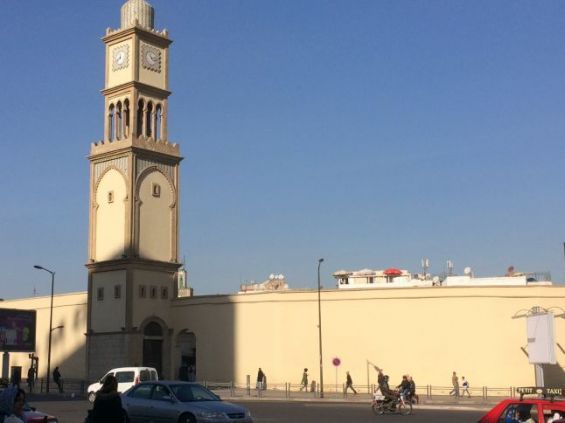On Sunday, many Moroccans woke up to their confused smartphones that stuck to winter time. The situation that threw many people into confusion, occurred after the government announced Friday, 26th of October, that the Kingdom is dropping clock change.
Morocco has officially added 60 minutes to its legal daylight time. The change was published in Morocco’s official Bulletin and entered into force on Sunday.
The government’s promises and explanations
Although the government explained that its quick decision was based on a recent study, the Ministry of Public Services and Administrative Reform did not reveal the findings of the survey in question. Mohamed Benabdelkader, the Minister in charge, spoke to reporters explaining the measures to accompany the decision.
In a statement issued Sunday and reported by several newspapers, Benabdelkader said that starting from November the 7th, schools, vocational training institutes and universities will change their schedule. He promised that public workers will also benefit from this change.
According to the same communiqué, students and public workers will start their day at work and at school at 9:30 am instead of 8 am and will finish at 5:30 pm. The new measure will allow parents to take their children to school before starting work, added the same source.
Unhappy about the new decision
People working for private companies and firms will have to wait, according to, Mohamed Benabdelkader who indicated that the government will be discussing the idea with economic and social partners. «Our measures will cover the private sector too and all Moroccan workers», he concluded.
Despite this, the minister failed to answer the key question which is : Why is it primordial to keep the GMT +1 ?
The same question is driving Moroccans crazy as a petition was signed to stop the change. According to Alyaoum 24, the petition was created on WhatsApp to protest against the adoption of daylight-saving time.
Meanwhile, the Federation Parent’s Associations held an extraordinary meeting, announcing that they refuse the decision that would affect the educational system in the Kingdom.





 chargement...
chargement...












